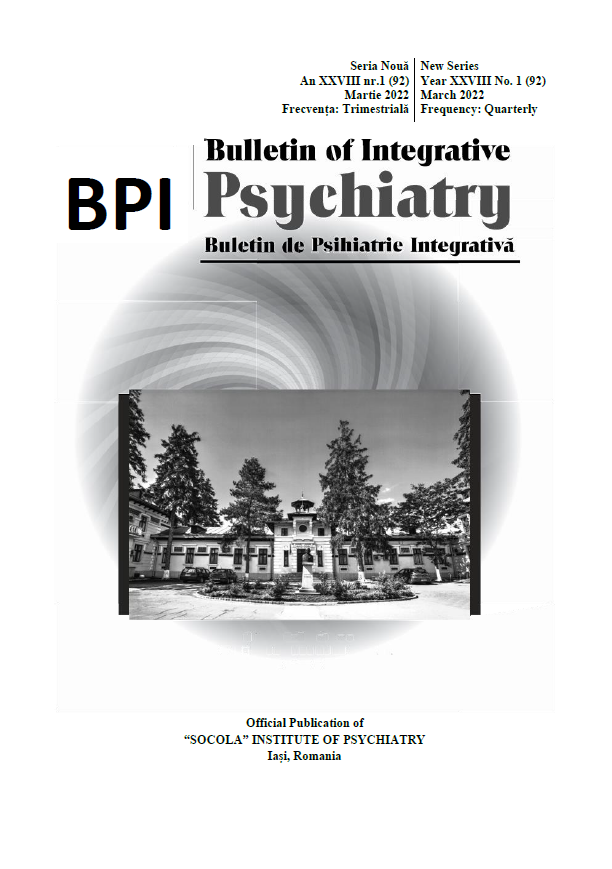Burnout versus didactogeny: the reality of a pathologized connection
Burnout versus didactogeny: the reality of a pathologized connection
Author(s): Mihai ȘleahtițchiSubject(s): Library and Information Science, Pedagogy
Published by: Editura Sedcom Libris Iasi
Keywords: Burnout; didactogeny; pathologized school environment;
Summary/Abstract: With its disastrous impact upon the teaching-learning process, the burnout matches perfectly the image of a grave digger of all good school intentions. Characteristic for the teaching staff representatives, constantly forced by the excessive workload or by the lack of appreciation of their efforts from their colleagues’ part, by ungrounded favorization of other mates or by the lack of communication and support from the part of their superiors, along with the lack of time for rest or for their families, for fun and relaxation, the addressed phenomenon, manifested through specific symptoms (physical exhaustion, reduced professional performance, decreasing ability to dialogue and interaction with the others, feelings of spiritual emptiness, emotional lability, cynicism, anger, aggression, etc.), can induce in all those attending the school for gaining knowledge and practical skills multiple states of pathological type (anxiety and mutism, frustration and depression, confusion and panic, demotivation and absenteism, headaches and intestinal disorders, dizziness and hormonal disturbances, palpitations and hypertension), thus putting at risk not only their health but even their lives. From the very moment it gets invaded by burnout, the school ceases to correspond to the traditional image created for describing it by the brightest human minds; or, in such a context, no one can assert, any more, that it really represents an institution ”assumed to possess a correct knowledge about itself, an exact knowledge of the outward and inward world of the pupil, for achieving their full union”, a place forbidding ”supression of child’s nature and imposing the adult one’s nature”, a form of social organization of the interindividual relations meant at ”making predominating the spiritual side, namely the heart, intuition, reasoning and will, and permitting the expression of their qualitative essence” and/or a field with vast relational-type networks through which ”the adult generations, with their professional experience, provoke and develop in their scholars different physical, intellectual and moral states, claimed both by the political society as a whole, and by the specific background to which it is particularly addressing”.
Journal: Buletin de Psihiatrie Integrativa
- Issue Year: 92/2022
- Issue No: 1
- Page Range: 105-114
- Page Count: 10
- Language: English

